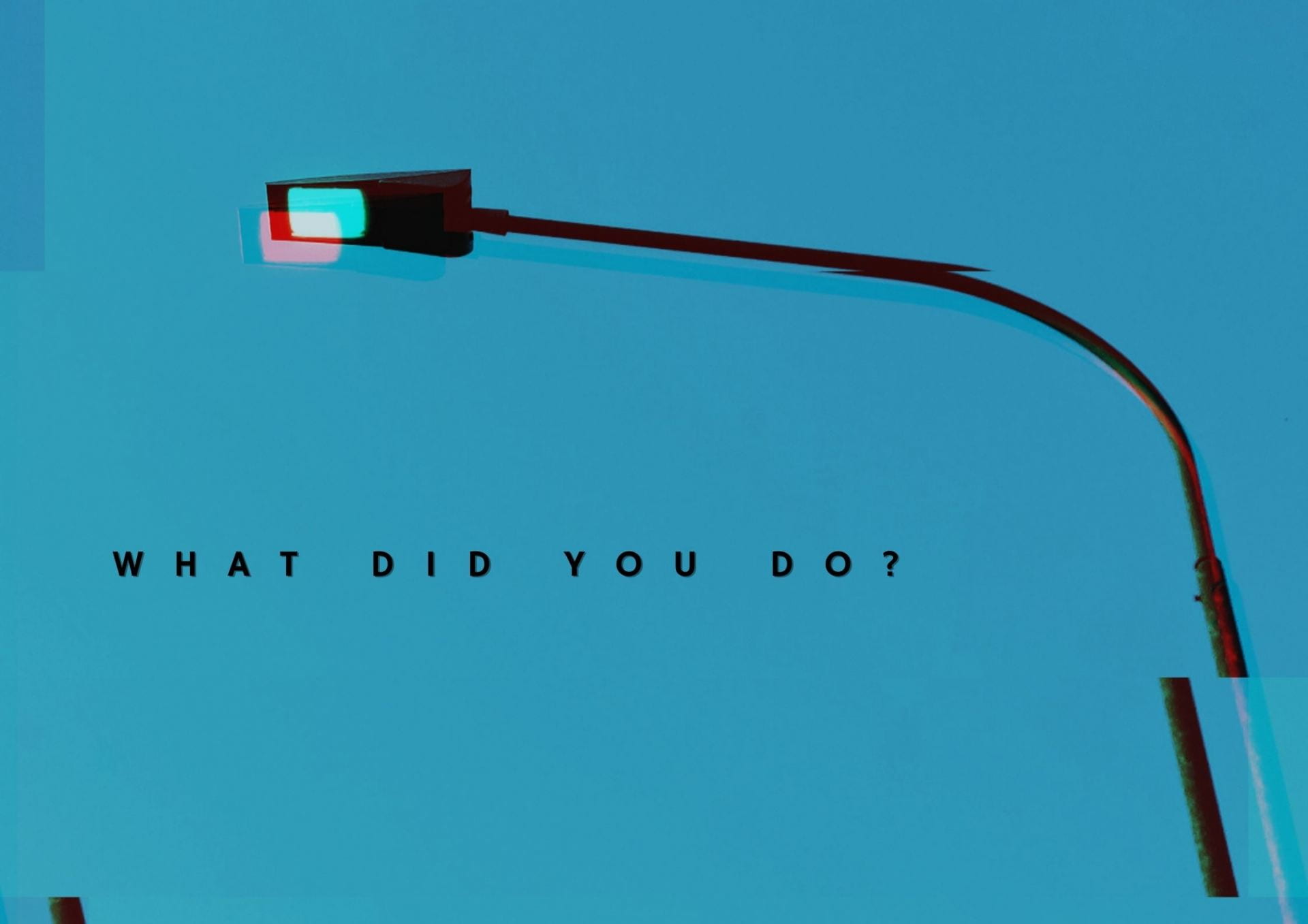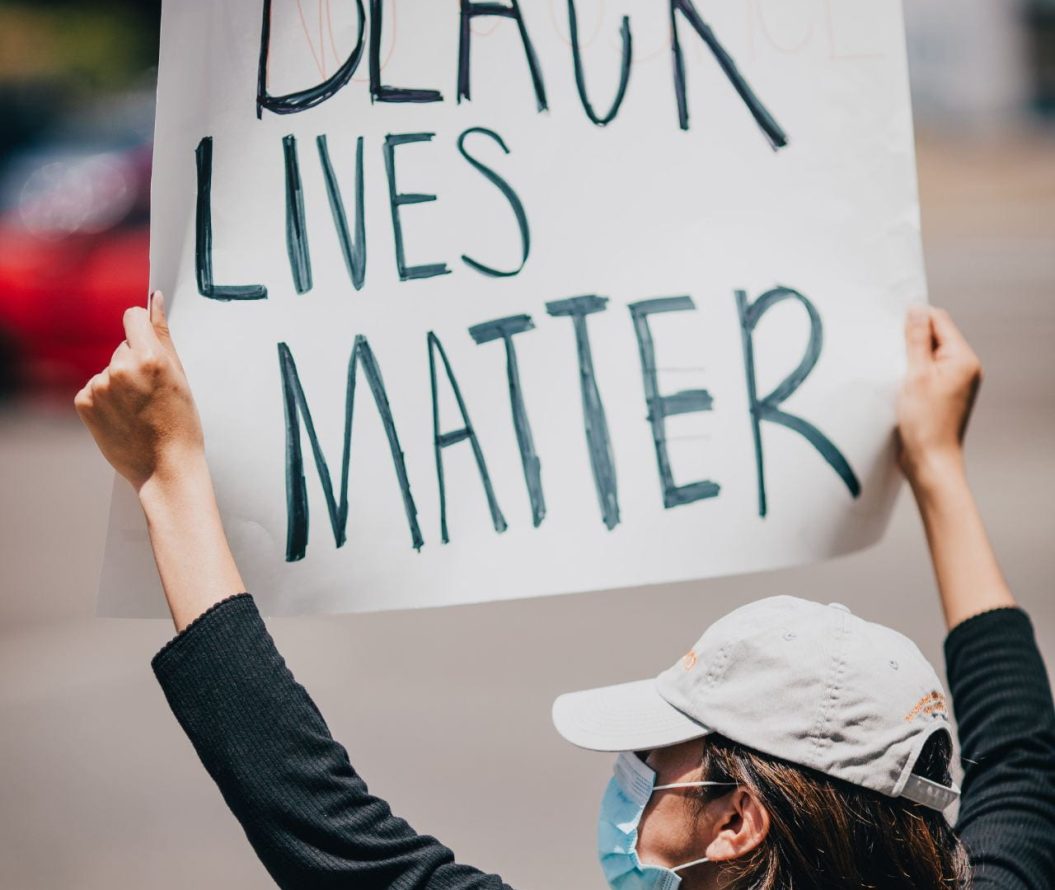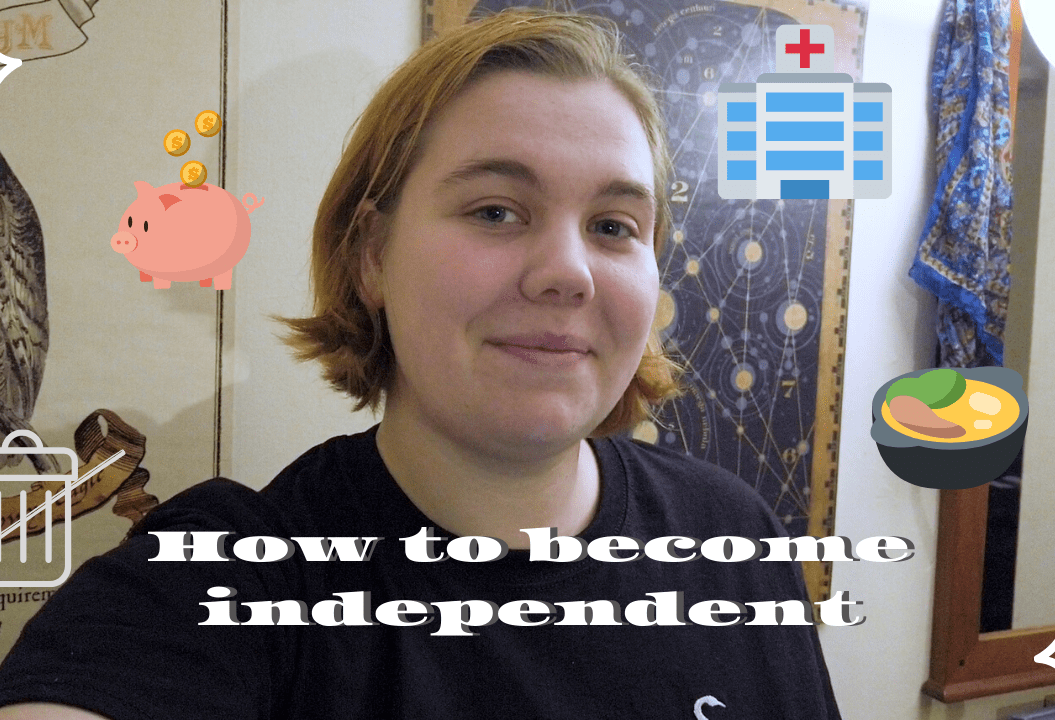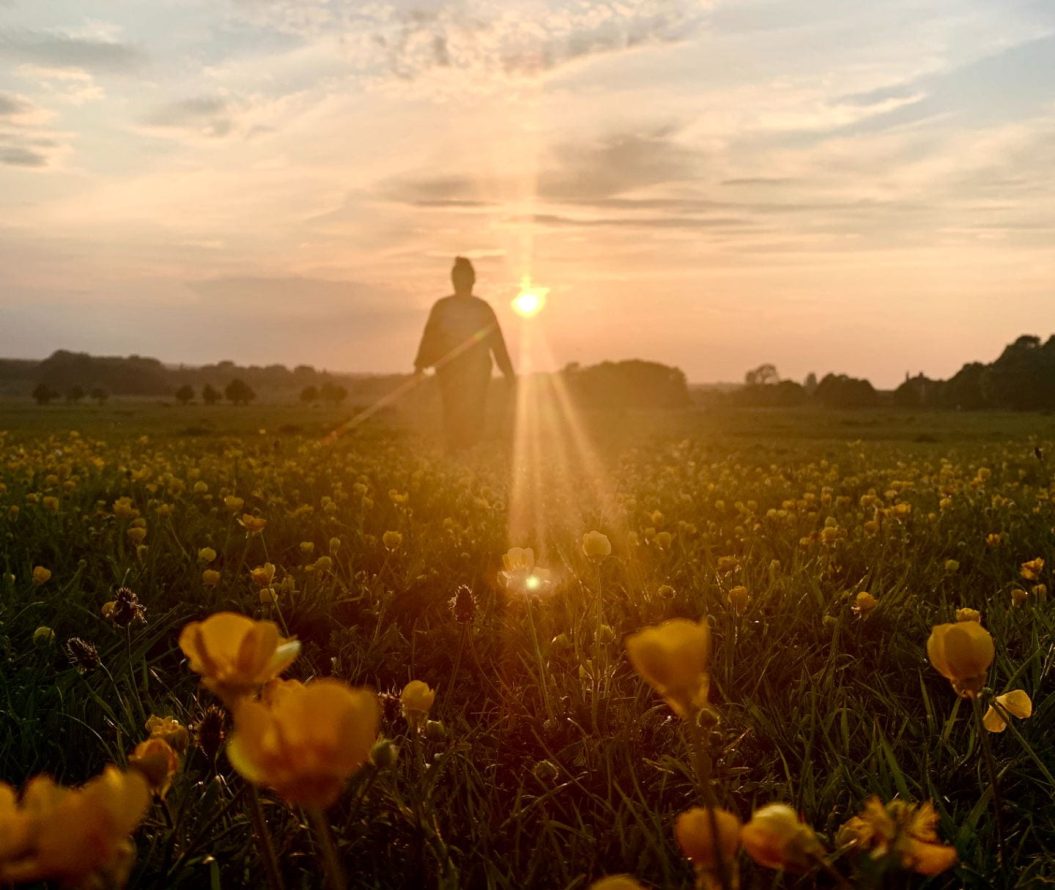Hi! I'm Zuzanna, an unapologetic feminist doing her MA degree in Gender Studies, and a member of Feminist Society here at UoL. I love forcing people to taste my Polish cuisine endeavours - love it, even more, when they actually…

Victim blaming – What did you do to provoke him?
April 16, 2021,
read.
This article is more than 3 years old
Content warning: This article contains discussion of sexual assault.
Recent UN statistics about sexual harassment in the UK showed the world what women had already known. Being a woman comes with fear. On the bus. On a way home. After dark. On busy streets. On empty streets. At the park and in a city centre. The fear is always with us.
97% of girls and women age 18-24 and 80% of women of all ages had experienced some form of sexual harassment
But have these horrifying numbers stopped the blaming of women for what is happening to them on daily basis? Have they prevented men’s narration creeping in and making this news about them? We know the answer to that too.
You shouldn't dress like that. You shouldn't drink so much. You shouldn't go out at night. You shouldn't go out. You shouldn't.
Survivors of sexual harassment are often blamed for what has happened to them; the patriarchal absurdity encrypted into society forces women to carry the trauma, the guilt and the responsibility. The scenario is never ‘a man raped a woman’; it is always ‘a woman was raped’. Passive victims, never active owners of their own story.
That is why in the UK, 55% of women do not think the assault was serious enough to report it and 45% of us do not believe that reporting it would help in any way. We are living in a world where sexual abuse is thrown at women to deal with. Where we have to prove that we said ‘no’ enough times to make it valid. Where what we wear is judged more harshly than the crime itself.
Even though we strike back, we fight and claim our rights to safety, victim-blaming and rape culture prevail and misogyny is thriving. But giving up is not an option. Turning our heads away from the issue will not make it disappear. That is why it is so crucial to say it out loud. That is why it is so crucial to point at every man; because it may be not all men that commit the crime, but it is all men that have to educate themselves and be aware of the problem.
If you don’t know where to begin, here are two sources navigating victim blaming in a grave detail.
I May Destroy You by Michaela Coel
A horrifying but amazingly written & screened story written by a Black woman and a survivor of sexual abuse. We follow Arabella around London, collecting pieces of what had happened to her, why it happened to her – a story that we have all heard in real life too many times but a story that boils our blood each time, nevertheless. I want to recommend this series especially because it mentions queer people’s experience with rape culture.
Arabella’s friend, Kwame, has been sexually abused and shortly after, reports it to the police, but his story is not taken seriously. A white, straight, male officer blames somebody else’s crime on Kwame, a Black gay man. Because he wanted to hook up. Because it was ‘a date’. Because he probably wanted it anyway. His words twisted, his confession silenced, his protest not good enough to make it count.
We have to remember that rape culture is not exclusively a women’s issue; even though the majority of survivors are female, the harassment can be inflicted on anyone, anytime.
Not That Bad by Roxane Gay
One of the most difficult books I have ever read, but also one of the most crucial I will ever read. A collection of essays, or rather, a collection of testimonies, focusing on one main question – when is the assault bad enough to make it valid? The book taps into a place where many of us don’t want to venture in, a place where one may realise that the described stories are one’s own.
“I said no more than a dozen times. Does that sound better than saying it once?”
“(…) if you did anything even remotely sexual – a kiss, or holding a hand – you were leading that boy on and you were responsible for anything, and everything, that happened.”
“You are tired of taking it, of treating it like a tax you must pay for the privilege of being a woman in public spaces.”
Only 3% of us feel unharmed by omnipresent sexism. Less than half of us think that saying it out loud will bring any results. But every single one of us knows that whatever the percentage is, we cannot stop calling men out. No matter what we wear, no matter how many drinks we have, our ‘no’ is exactly that – a NO.
To find out more about security on our campus visit here. If you have been affected by any of these issues, you can find support through many charities, such as Rape Crisis England & Wales or Lincolnshire Rape Crisis.
- Topics
- OfS Mental Health Project






